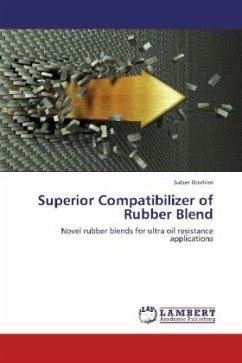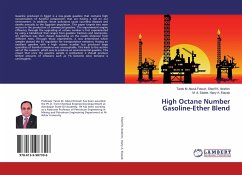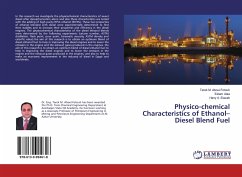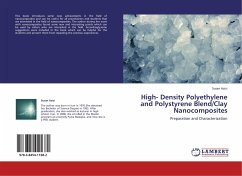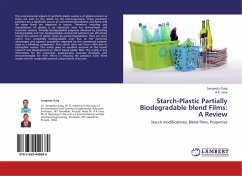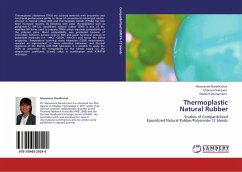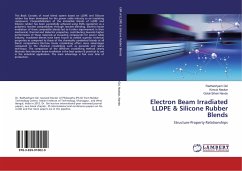Over recent century interest in the rubber technology has extended far beyond that comparatively large section of the community, which is engaged in research more or less directly connected with rubber. Actually today rubber enters into the daily life of almost everything. Main motivation for blending immiscible rubbers is to create materials with combinations of properties superior to the components. However, immiscible rubber blends have the disadvantage that they are not thermodynamically stable. Therefore, post-mixing processing can dramatically affect the blend morphology and physico-mechanical properties. The addition of such compatibilizers can lead to more stable, super ne scale morphologies by reducing the effective interfacial tension and slowing phase coarsening. The existence of an optimal molecular weight block copolymer is likely due to a balance between the ability of the grafted rubber to reach the interface and its relative effectiveness as a compatibilizer. The improved stability of homogenized rubber blends with optimal compatibilizers will help to expand their potential.
Bitte wählen Sie Ihr Anliegen aus.
Rechnungen
Retourenschein anfordern
Bestellstatus
Storno

